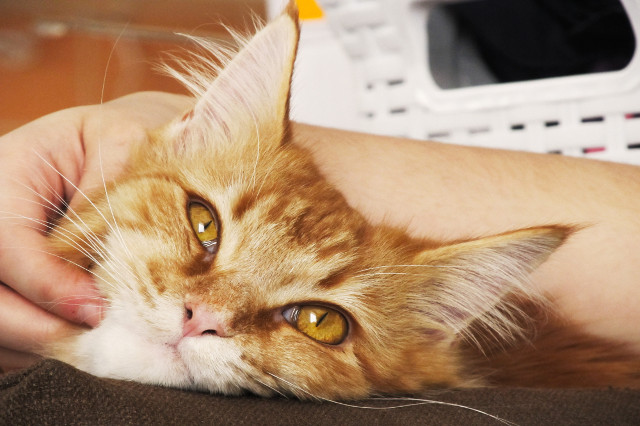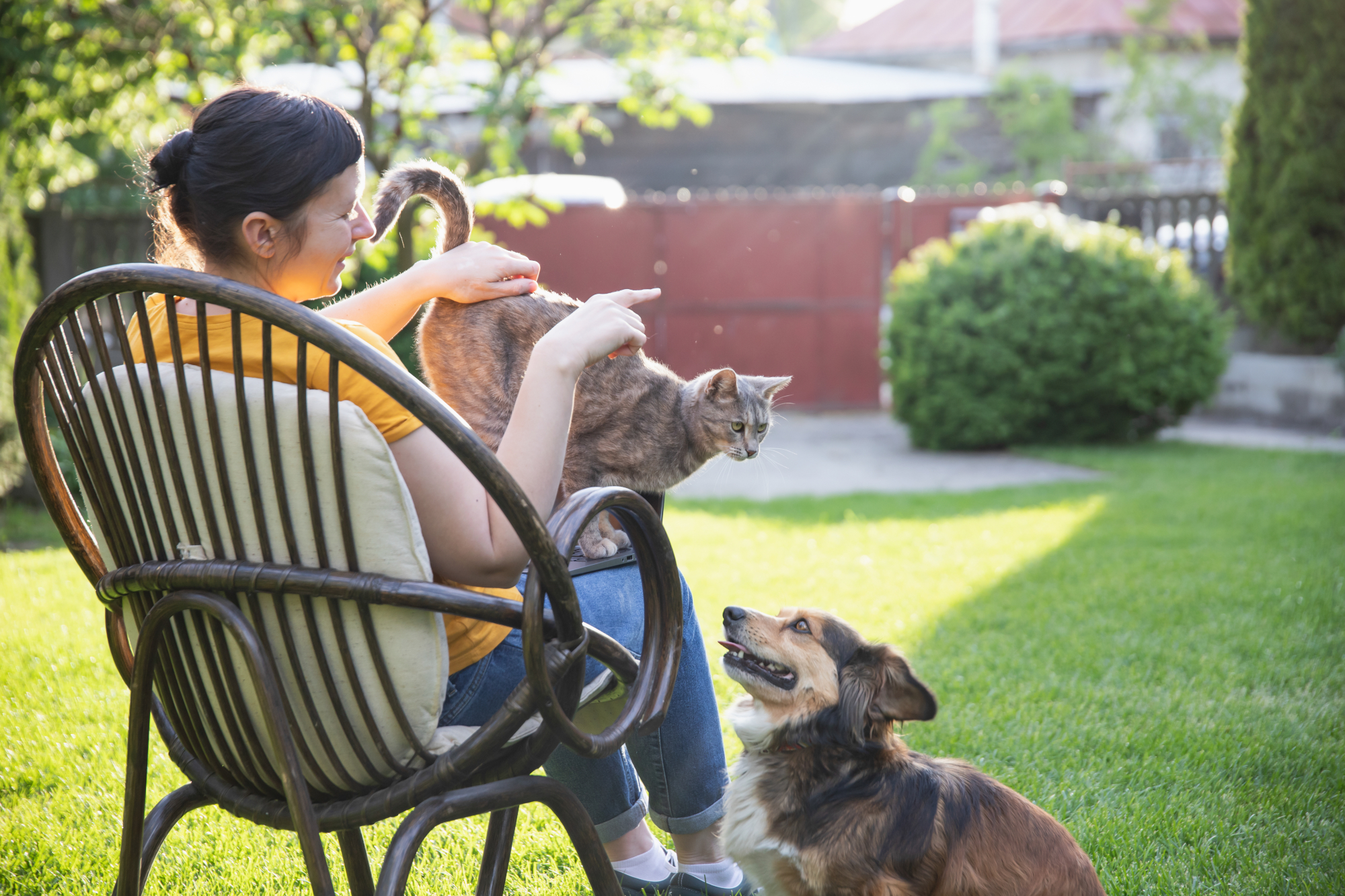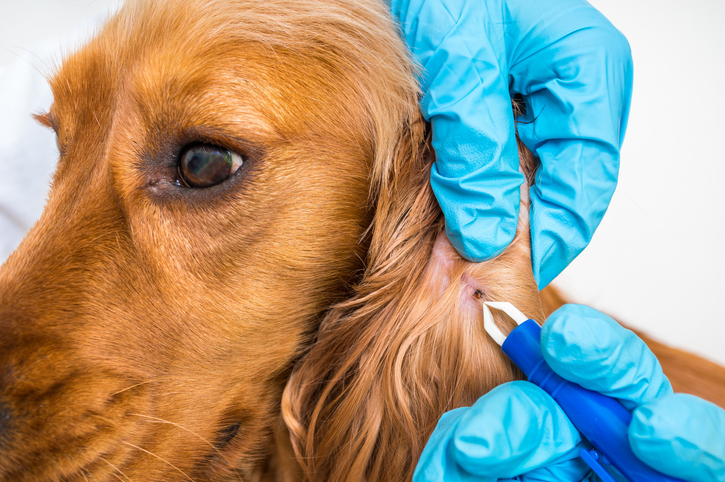On our recent summer vacation, my wife and I met a lot of animal lovers, strangers, and relatives included. It was mostly a discussion on the happiness pets brings to our lives, how each is different, and an odd medical opinion on their pet. We were fairly taken aback when one of our relatives mentioned to my wife (also a veterinarian) that she had given her injured kitten, Rosie, a dose of Diclofenac (a nonsteroidal anti-inflammatory drug) to help with pain management. We both got progressively more concerned as she went on to tell us that the kitten has been very tired and had inappetance (she wasn’t eating) since.
Very quickly, our primary concern had become the dose of diclofenac, and what potential damage it may have caused to her kidneys. Was Rosie not acting lively due to discomfort from pain or was it due to adverse effects of human painkillers given to cats? Did you know that indiscriminate use of pain medications have huge potential to cause GI ulcers, kidney damage and blood abnormalities in cats?
This episode helped reiterate the fact that there are so many things we may do (or not do!) for our pets that are actually harmful to them, without realizing the true potential of it. Thankfully, Rosie did very well within a few days of rehydrating her body and a lot of loving care from her family.
Following is a list of some other common mistakes to avoid as a cat parent:
- Leaving stringy toys and hairbands unmonitored in the house – can cause cats to accidentally swallow them and lead to serious intestinal obstructions.
- Using leftover antibiotics from before – is never ok, as you may not know the adequate dose or length of course needed. Also, as different antibiotics target different bugs it may not be a good antibiotic choice. Such indiscriminate use can lead to resistant infections and nasty superbugs.
- Allowing an outdoor lifestyle, without taking precautions for outdoor hazards such as fleas, worms, and viral infections (feline immunodeficiency virus and feline leukemia virus) – be sure to keep your outdoor cat up to date on outdoor cat vaccines, deworming, and monthly flea prevention year-round.
- Feeding dry food (kibble) exclusively – this was considered ideal for cats till a few years back, but it is now recognized that a large portion of a cats’ diet should be canned or soft moist food.
- Believing that cats are not perturbed by environmental changes – on the contrary, cats are very sensitive to changes in their routine or environment. We should always consider and pursue environmental enrichment for these sensitive critters when it is time for a move, introduction of a new pet, upcoming childbirth, etc.
By – Dr. Bajwa,
Veterinarian at Hastings Veterinary Hospital, Burnaby.






